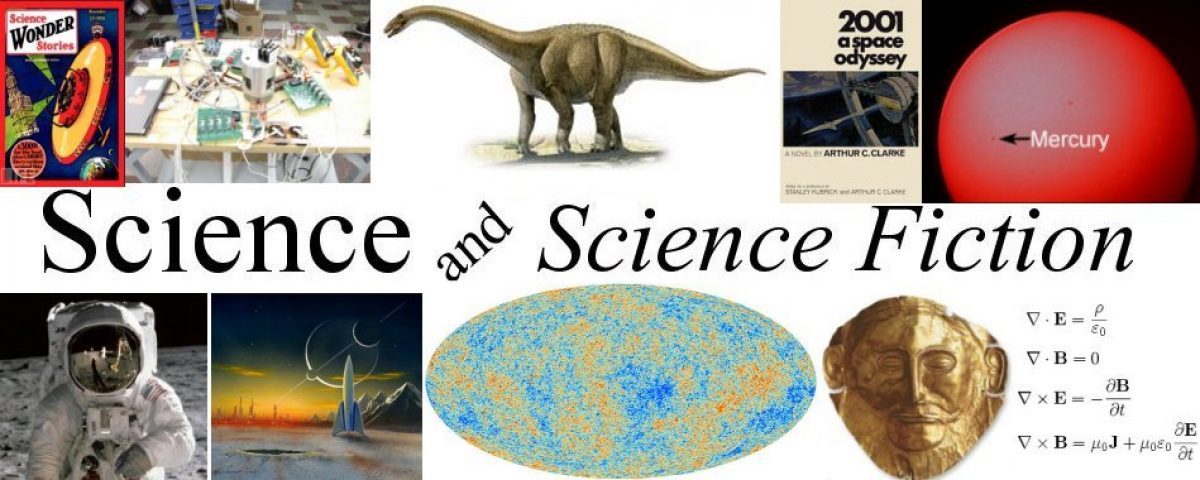Perhaps the biggest, and certainly the divisive issue being debated in America right now is the question of just what kind of country the United States is, a secular democracy or a Christian nation. This question has been at the heart of our identity as a people since before we ever became a nation. It is an unquestioned fact that many of the colonists who came to this country before it was a country did so in order to be able to practice their religion their way. They hoped that in the ‘New World’ they could escape the religious wars and persecutions that had plagued Europe for centuries.
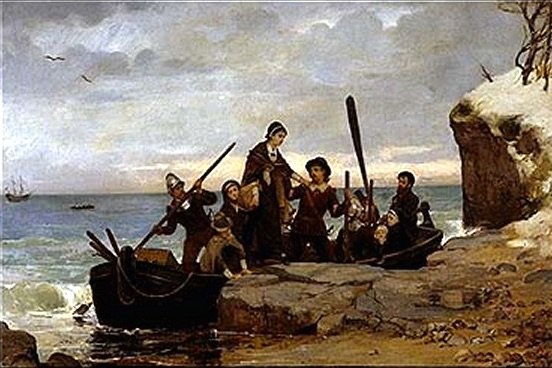
Well aware of how much blood had been spilled in Europe in the name of God the founding fathers went to considerable lengths to avoid any kind of favouritism toward one religion or another. This was a tricky little dance for them to accomplish because virtually all of the men who signed both the Declaration of Independence and the Constitution were nominally Christians, many rather fervent in their beliefs.

So it was that the Constitution never mentions God in any way while the Declaration limits itself to the vague terms ‘the creator’ and ‘divine providence’. In Thomas Jefferson’s words in the United States there was to be ‘a wall of separation’ between church and state. The key element of this wall was the very first amendment to the Constitution which demanded that ‘Congress shall make no law respecting an establishment of religion, or prohibiting the free exercise thereof…” Freedom of religion is the first right guaranteed to all Americans.

For most of our nation’s history that little dance worked pretty well, even while most Americans belonged to one Protestant denomination or another, exactly which was a private affair not a public one. There was a bit of trouble during the middle of the 19th century in incorporating the Catholics into American society and then later in accepting the Jews. For the most part however Americans let other Americans practice whatever religion they wished, at least they did so better than in other countries.

That’s all changed today as religion has become one of the most important political issues in the United States as evangelical Christians seek to impose their views and morals on a nation that is slowly growing more secular. As justification for their desire to impose their morality on others they maintain that the United States has always been a Christian nation and that all they seek to do is bring back ‘that old time religion’.

The development of the religious right and the myths it created for itself is the thesis for ‘One Nation Under God’, a new book by Princeton University Professor of History Kevin M. Kruse. Unlike some other historians who maintain that the mixing of religion and conservative politics began during the Eisenhower administration professor Kruse goes farther back to reveal how ‘Corporate America Invented Christian American’, to use the book’s subtitle.


In ‘One Nation Under God’ Professor Kruse details how the social programs of Franklin Roosevelt’s New Deal, and the taxes needed to pay for them, caused rich plutocrats and their corporations to finance and nurture the beginnings of conservative Christianity. These wealthy, powerful men looked upon FDR’s social safety net as the beginnings of a Communist takeover of the USA and since Communism was anti-god they hoped to use God to fight FDR. As Kruse details the argument that these Christian Libertarian organizations promoted was one of ‘Freedom under God’, as being a part of this nation’s identity from the very beginning.
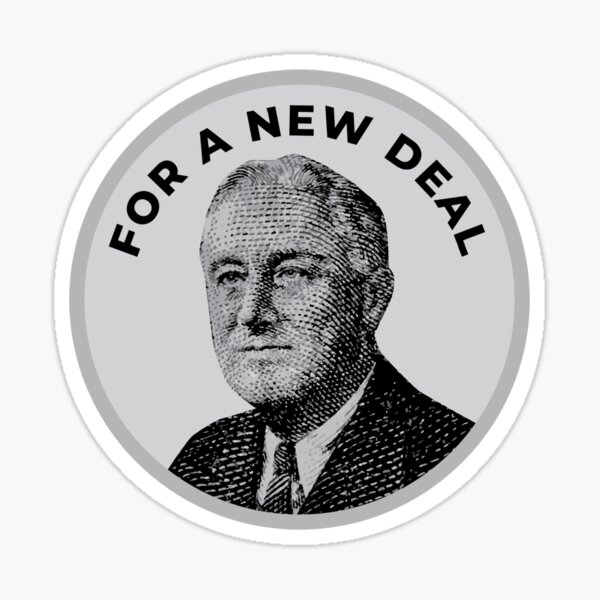
So it was that Wall Street tycoons sought out sympathetic clergymen in the hope of organizing resistance to FDR’s social programs. Chief among these men of the cloth was Billy Graham whose influence is felt throughout the book. At the same time ‘One Nation Under God’ also outlines the way that Hollywood executives and stars were enlisted to help the cause.

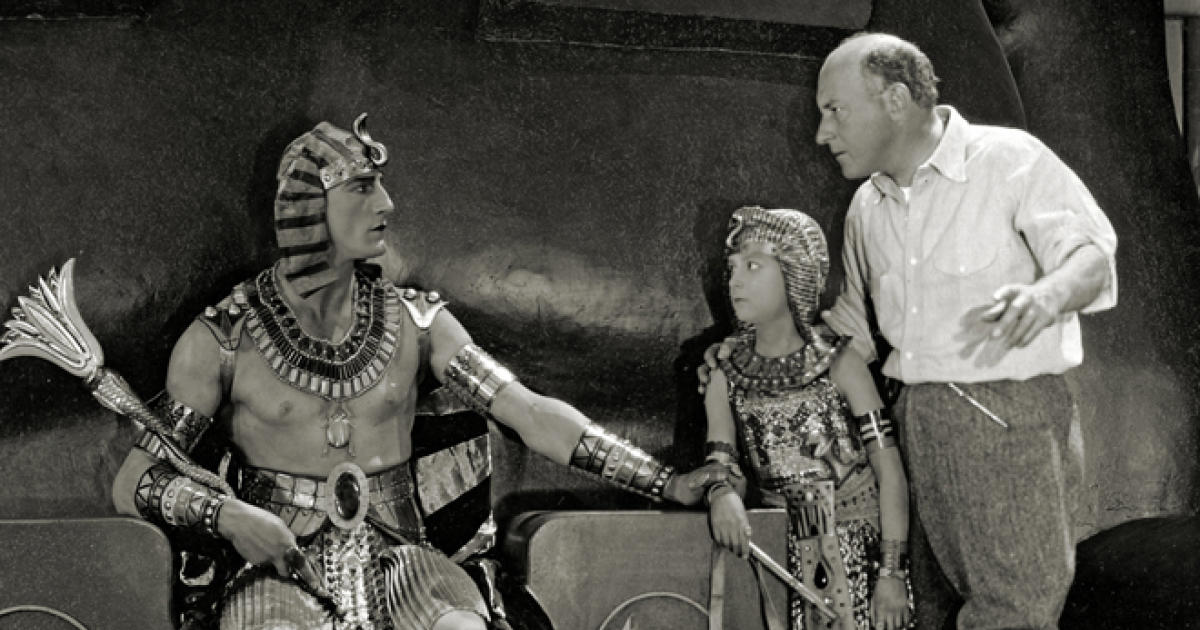
Still, the movement failed to stop the New Deal and it wasn’t until after World War 2 had ended, and with the election of Dwight Eisenhower as President that the religious right began to have any influence. As a part of his attempts to unite the country against the threat of the Soviet Union Eisenhower sought to bring God into the political life of the country. It was in fact during the Eisenhower administration that ‘In God we Trust’ was formally stamped onto every denomination of our money, that ‘Under God’ was inserted by law into the formerly secular pledge of allegiance and ‘One Nation Under God’ became the official motto of the United States.
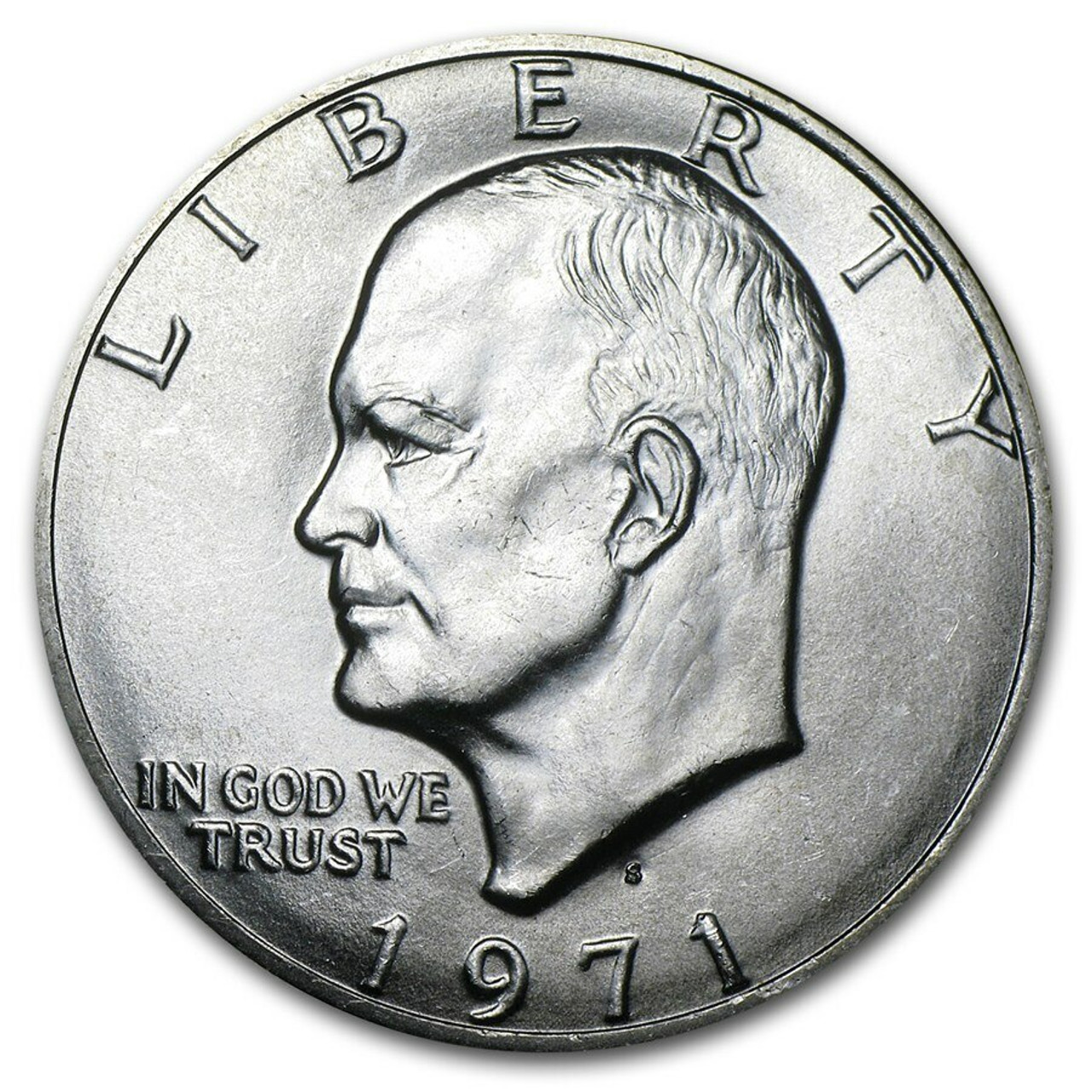
Eisenhower was not a complete victory for conservatives however because even as he brought God into government, he kept the New Deal. Social Security, Unemployment Insurance, regulations controlling the food industry, the banking industry and other industries remained to vex the rich, as did the high taxes needed to pay for them. Billy Graham may have been overjoyed with Eisenhower’s policies, but General Motors was left feeling unfulfilled.

Much the same thing happened during the Presidency of Eisenhower’s Vice-President Richard Nixon. The Nixon administration was even more overtly religious than Eisenhower’s but again there was no push to eliminate the social safety net, which thanks to Lyndon Johnson now included Medicare. Nixon even went to far as to increase the power of government by establishing the Environmental Protection Agency, which quickly became one the conservative movement’s most hated boogiemen.

It’s with the Nixon years that Professor Kruse ends ‘One Nation Under God’ and that’s my real problem with the book. You see it was only during the Reagan administration that the religious right finally succeeded in putting someone in the White House who would both champion God, and lower taxes on the rich. But Reagan as president is only briefly mentioned in the epilogue, as are the two Bushes and Clinton. The entire subject of ‘Culture Wars’ that are currently ripping the country apart is only mentioned twice.
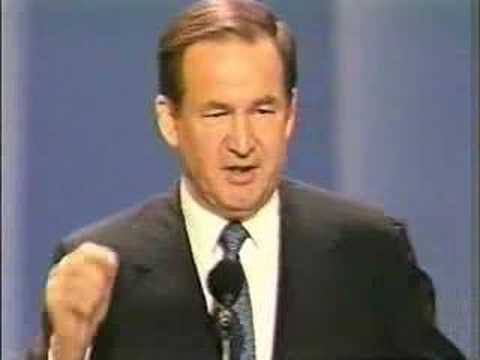
It’s almost seems as if Professor Kruse needs another whole book to finish his story and I hope he does so. The union of Religion and Capitalism is arguably the most contentious issue in America today and while Professor Kruse has done an excellent job of illustrating the first half of the story we need to hear the complete tale.

‘One Nation Under God’ is a very important book, and a well written one as well. I heartily recommend it to anyone who is trying to understand how our country got to where it is today. I only hope that in a few years I’ll be able to recommend volume 2 as well!
